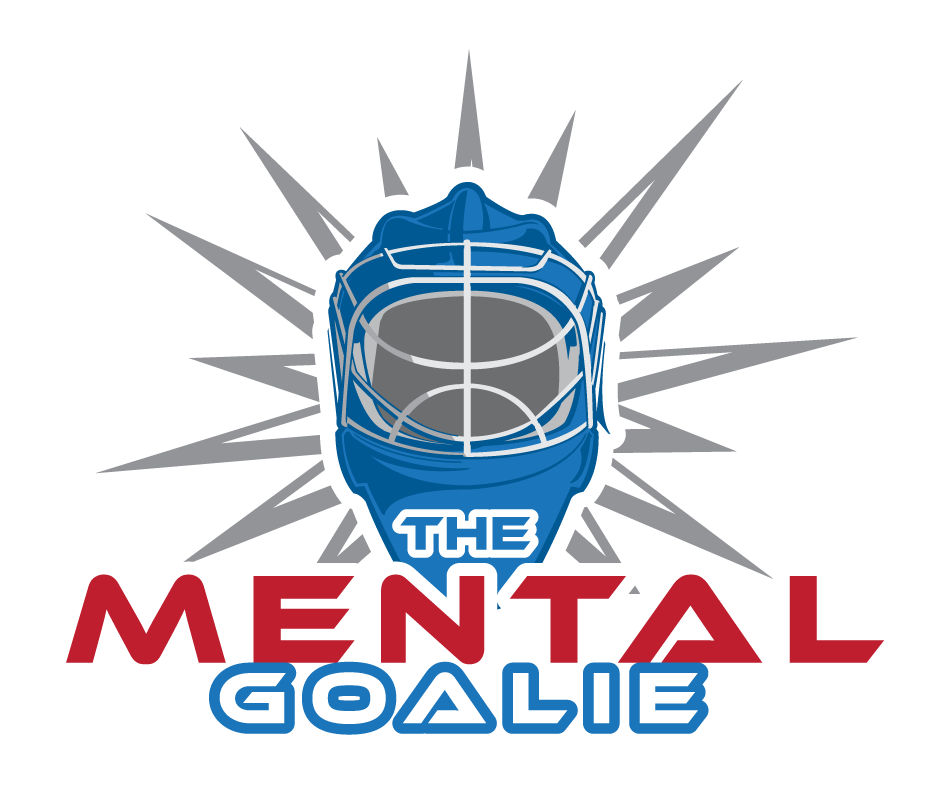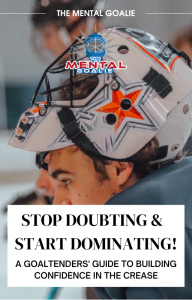If you’re a goalie looking to up your game, you know that mental skills training is essential. In this blog post, we’ll dive into the concept of non-judgmental awareness and how it can help goalies reduce anxiety, improve focus and concentration, and increase resilience on the ice.
Non-judgmental awareness, also known as non-judgmental mindfulness, involves observing thoughts, feelings, and sensations in the present moment without judgment or evaluation. By cultivating a sense of openness, curiosity, and acceptance towards whatever arises in one’s awareness, goalies can learn to respond more skillfully to challenging situations and bounce back from setbacks more quickly.
But how exactly can non-judgmental awareness benefit goalies? Firstly, it can help reduce anxiety and stress by allowing goalies to observe and accept their thoughts and emotions without getting caught up in them. This can be especially helpful in high-pressure situations, where anxiety can interfere with focus and decision-making.
Secondly, non-judgmental awareness can improve focus and concentration by reducing distractions and increasing awareness of the present moment. By cultivating a non-judgmental attitude towards thoughts and sensations, goalies can stay focused on the task at hand and make more effective decisions on the ice.
Finally, non-judgmental awareness can increase resilience and mental toughness by helping goalies develop a sense of detachment from negative thoughts or emotions. By observing thoughts and emotions without judgment or reactivity, goalies can learn to respond more skillfully to challenging situations and bounce back from setbacks more quickly.
Incorporating non-judgmental awareness into goalie training can be a game-changer, and our mental skills classes can help you learn practical techniques to cultivate a non-judgmental attitude and enhance your mental toughness.
Letting go of mistakes is an important aspect of non-judgmental awareness in goalie training. Here are some strategies you can use:
- Reframe mistakes as opportunities for learning and growth
- Observe your thoughts and emotions without reacting to them
- Practice self-compassion by treating yourself with kindness and understanding
- Stay present and focused on the task at hand
- Use mental cues, like “next play,” to stay focused on the present moment
With these strategies and a commitment to mental skills training, you can take your goalie game to the next level. Join our mental skills classes today to start improving your mental toughness on the ice!



29 thoughts on “How Non-Judgmental Awareness Can Boost Mental Toughness for Goaltenders”
tg34yo
Super <a href="[Link deleted]
Good partner program <a href="[Link deleted]
<a href="[Link deleted]
<a href="[Link deleted]
<a href="[Link deleted]
<a href="[Link deleted]
<a href="[Link deleted]
<a href="[Link deleted]
<a href="[Link deleted]
7iobaj
<a href="[Link deleted]
<a href="[Link deleted]
<a href="[Link deleted]
<a href="[Link deleted]
<a href="[Link deleted]
<a href="[Link deleted]
<a href="[Link deleted]
<a href="[Link deleted]
<a href="[Link deleted]
<a href="[Link deleted]
<a href="[Link deleted]
<a href="[Link deleted]
<a href="[Link deleted]
<a href="[Link deleted]
<a href="[Link deleted]
<a href="[Link deleted]
to0su4
v91r63